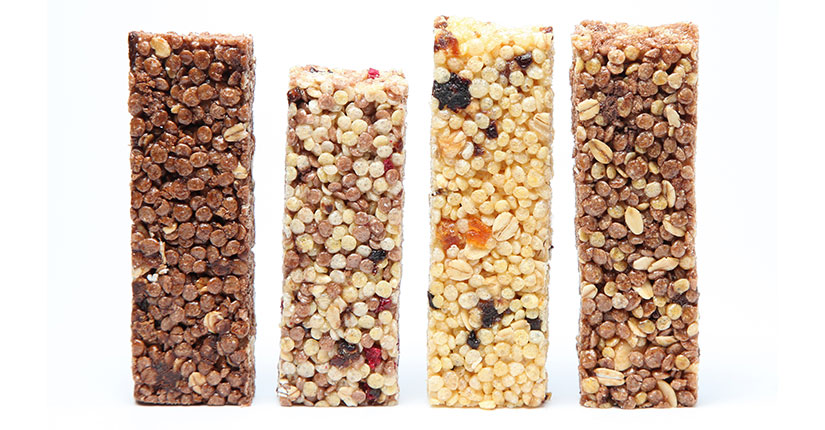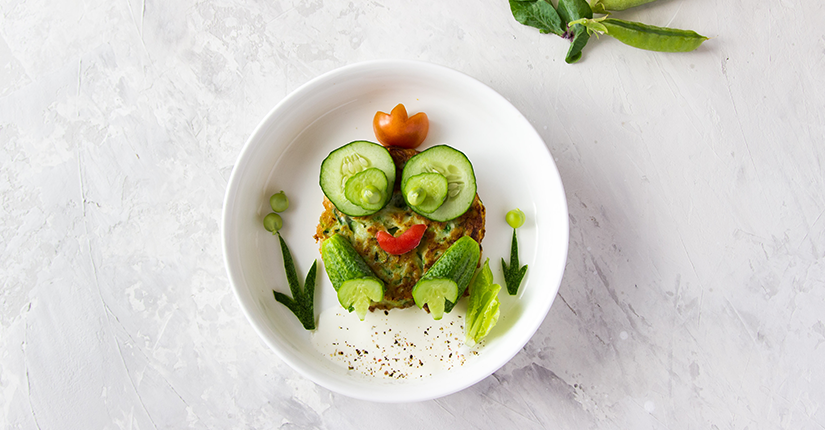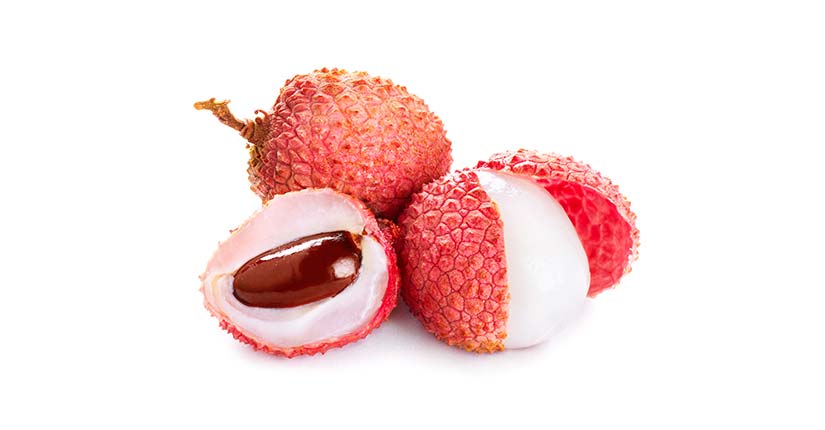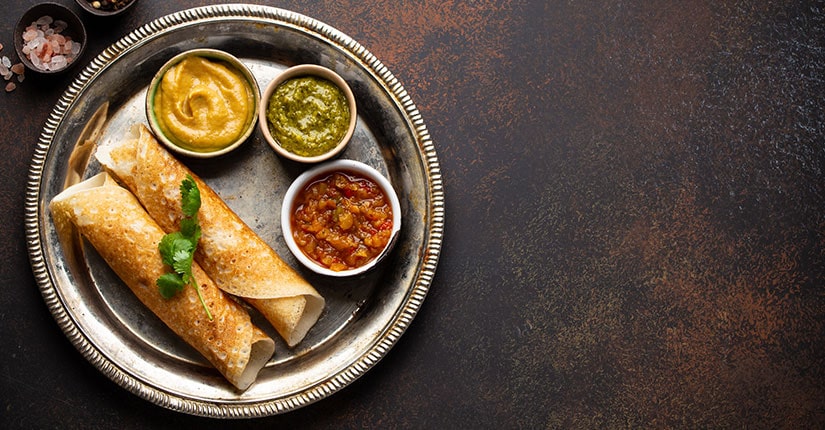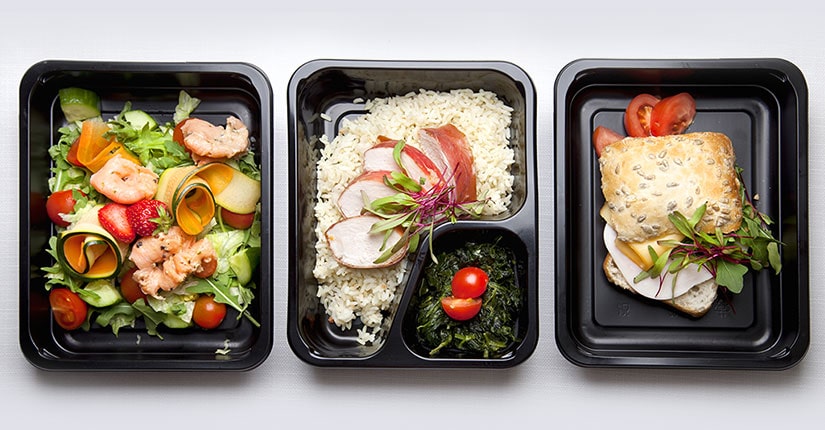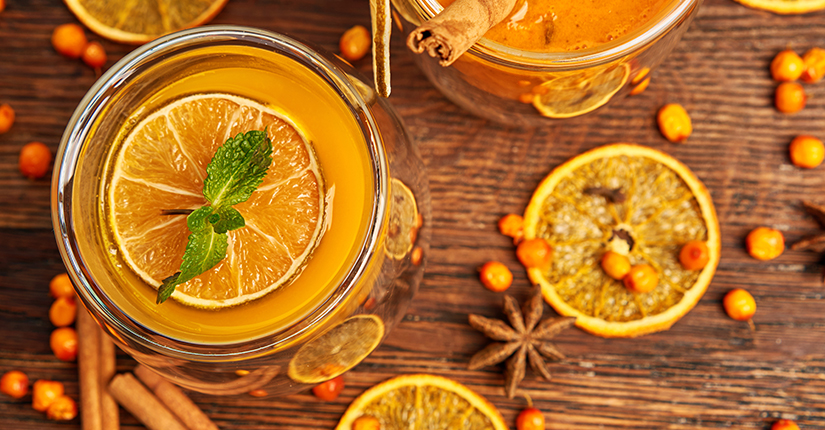Right Nutrition to Promote Good Sleep
By Nmami Agarwal 02-Sep 2020 Reading Time: 6 Mins

Your sleep environment and daily routines, known collectively as sleep hygiene, play a major role in your ability to sleep well. While some foods may help you sleep better in general, they are less likely to be effective if you have poor sleep hygiene. For example, if your bedroom is noisy and bright or if you use electronic devices in bed, it may suppress your body’s melatonin production and counteract the benefits of sleep-promoting food.
Reviewing your current sleep hygiene practices can be a starting point for sleeping better, and since it involves considering your daytime and pre-bed routines, this review may offer an opportunity to incorporate foods that are good for sleep into an overall plan to get more consistent and replenishing rest.
Here are some foods that can help you put to better sleep:
- Walnuts
- Passionflower Tea
- Warm turmeric milk
- Chamomile Tea
Walnuts contain a few compounds that promote and regulate sleep, including melatonin, serotonin, and magnesium. Walnuts also contain other nutrients that can help sleep, such as magnesium, potassium, folate, and calcium. Walnuts are high in melatonin, but researchers have not yet proven a solid association between eating these nuts and improved sleep.
Passionflower tea is another herbal tea known to reduce anxiety and that has been used traditionally for many years to treat a number of health ailments. It is a rich source of flavonoid antioxidants, which are known for their role in reducing inflammation, boosting immune health and reducing heart disease risk. This is attributed to its content of apigenin, an antioxidant that produces a calming effect by binding to certain receptors in your brain. The calming properties of passionflower tea may promote sleepiness, so it may be beneficial to drink it before going to bed.
Warm milk is a traditional home remedy for sleeplessness. Milk contains four sleep-promoting compounds: tryptophan, calcium, vitamin D, and melatonin. However, the childhood association that many people have between a warm cup of milk and bedtime may be more effective than tryptophan or melatonin in promoting sleep. Low-fat milk is also a great snack because it is nutritious and low in calories.
Chamomile tea is another popular herbal tea that may be taken before going to bed and is certainly worth trying if you want to improve the quality of your sleep. It is well known for its content of flavones, a class of antioxidants that reduce inflammation that often leads to chronic diseases, such as cancer and heart disease. There is also some evidence that drinking chamomile tea may boost your immune system, reduce anxiety and depression and improve skin health. In addition, chamomile tea has some unique properties that may improve sleep quality.
Specifically, chamomile tea contains apigenin, an antioxidant that binds to certain receptors in your brain that may promote sleepiness and reduce insomnia.
Tips for Healthy Diet for Sleep
Nutritionists recommend eating a balanced diet that is made up mostly of vegetables and fruits. A diet that contains good sources of essential vitamins and minerals, including those that can promote sleep. An example of this type of diet, the Mediterranean Diet, has been associated with heart health as well as with better sleep.
A balanced diet goes hand-in-hand with general lifestyle modifications for avoiding sleep disruptions related to food and drink:
- Limit caffeine intake, especially in the afternoon or evening when its stimulant effects can keep you awake at night.
- Moderate alcohol consumption since it can disrupt your sleep cycles even if it makes you sleepy at first.
- Try not to eat too late so that you aren’t still digesting at bedtime and are at less risk of acid reflux. Avoid spicy and fatty foods late in the evening.
Over to you
Moreover, we all can’t deny that our habits related to sleep and otherwise always help and are just as important as good nutrition in putting you off sleep.


